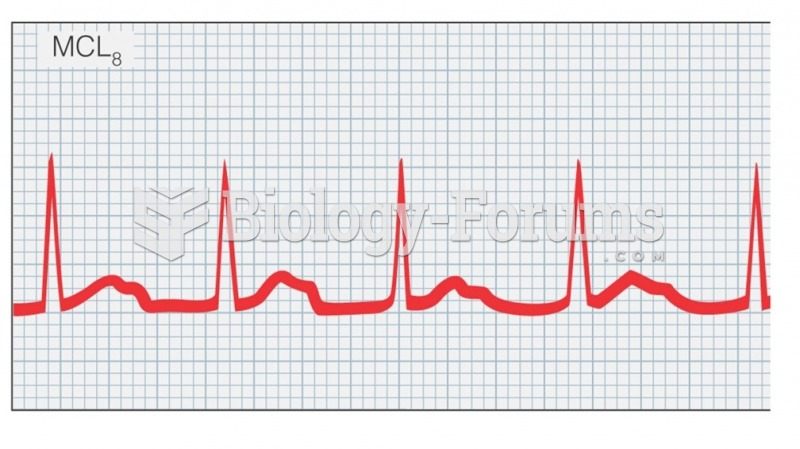|
|
|
Green tea is able to stop the scent of garlic or onion from causing bad breath.
Women are 50% to 75% more likely than men to experience an adverse drug reaction.
Drug abusers experience the following scenario: The pleasure given by their drug (or drugs) of choice is so strong that it is difficult to eradicate even after years of staying away from the substances involved. Certain triggers may cause a drug abuser to relapse. Research shows that long-term drug abuse results in significant changes in brain function that persist long after an individual stops using drugs. It is most important to realize that the same is true of not just illegal substances but alcohol and tobacco as well.
This year, an estimated 1.4 million Americans will have a new or recurrent heart attack.
Blood is approximately twice as thick as water because of the cells and other components found in it.






